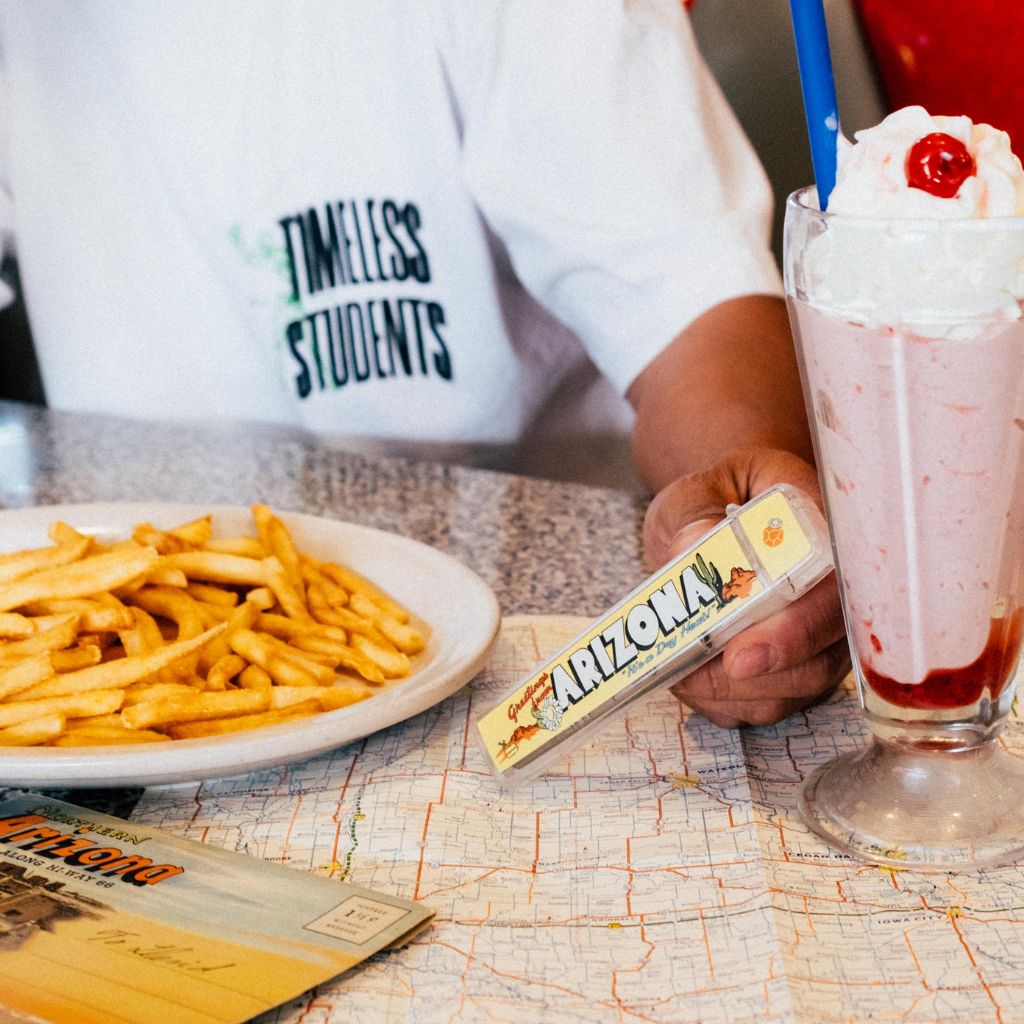Cannabis & The Munchies: The Science Behind Why We Get Hungry
The munchies are a real, measurable biological reaction to cannabis. If you’ve ever taken a puff and then raided the pantry for snacks, you’re not alone. But what’s actually going on inside your body that makes food so irresistible after getting high? Let’s walk through the science and get a clear picture of how cannabis affects hunger.
THC and Hunger
Tetrahydrocannabinol, or THC, is the primary psychoactive compound in cannabis. It binds to CB1 receptors in the brain—part of the endocannabinoid system that regulates mood, pain, memory, and appetite. When THC activates these receptors, it can trigger a powerful hunger response, even if you’ve just eaten.
Studies show that THC mimics natural compounds your body releases when it’s truly hungry. These compounds typically act on neurons in the hypothalamus, a brain region responsible for regulating eating. But with cannabis, neurons that normally tell your body to stop eating are flipped into overdrive, telling you to eat more instead.
Smell, Taste, and Dopamine: Food Becomes Irresistible
One of THC’s effects is an increase in olfactory sensitivity—it sharpens your sense of smell. Researchers found that THC enhances activity in the olfactory bulb, making aromas more intense. Because smell and taste are closely linked, this change also makes food taste better.
Then comes the dopamine rush. THC increases dopamine release in the brain’s reward centers. That same slice of pizza or handful of chips feels more satisfying because your brain is flooded with feel-good chemicals. The combination of stronger cravings, better flavor, and an amplified pleasure response makes for a perfect storm of appetite stimulation.
Ghrelin and Appetite Hormones
Another key player in the munchies experience is ghrelin—the hormone that makes you feel hungry. THC can boost ghrelin levels, which contributes to increased appetite. It also appears to lower levels of PYY, a hormone that signals fullness. The result: your body thinks you’re hungrier than you actually are, and it takes longer to feel full.
In some cases, cannabis may even trick the brain into mimicking starvation. In a Yale study, neurons that were supposed to signal fullness ended up promoting hunger. It’s a complete reversal of their usual role, driven by THC.
The Mediobasal Hypothalamus and Neural Activation
Recent research pinpoints the mediobasal hypothalamus (MBH) as a major hub of cannabis-induced hunger. In studies with mice, cannabis vapor triggered increased neural activity in this brain region. Even when the animals weren’t truly hungry, the brain signals lit up as if they were. They began eating more frequently but not in larger amounts—more snacking, not necessarily bingeing.
Appetite Stimulation as Medicine
Not everyone sees the munchies as a side effect. For some people, it’s the reason they use cannabis in the first place. Individuals with cancer, HIV-associated wasting syndrome, or anorexia nervosa often struggle to maintain weight. In these cases, THC’s appetite-boosting properties can be beneficial.
Prescription versions of THC, like dronabinol, have been approved for medical use. They’ve shown positive effects on appetite in some patients, although the results can vary depending on dosage and health condition.
Can You Avoid the Munchies?
If you love cannabis but want to skip the snack attacks, there are a few options:
– Choose strains lower in THC: Less THC means less appetite stimulation.
– Opt for higher-CBD products: Cannabidiol (CBD) may counteract some of THC’s effects and may even reduce appetite in some users.
– Look for products with THCV: Tetrahydrocannabivarin (THCV) is a cannabinoid that’s being studied for its potential to reduce hunger.
Prepare smart snacks Keep your kitchen stocked with healthier foods—veggie sticks, fruit, nuts—so that if the munchies hit, you’re not tempted by junk food.
Bottom Line
The munchies are real, and they’re rooted in biology. THC influences the brain in multiple ways—it activates hunger hormones, enhances taste and smell, stimulates pleasure responses, and overrides signals that normally tell you when to stop eating.
For medical patients, this effect can be life-changing. For recreational users, it helps explain why late-night snacks suddenly seem like a five-star meal. Either way, understanding what’s happening in your body makes it easier to use cannabis intentionally—and maybe make some smarter snack choices along the way.
Looking for the best food for when you have the munchies? We’ve rounded up our favorite spots in Arizona, California, Illinois, Missouri, New Jersey, Ohio, and Oklahoma for when you’re feeling hungry and a little elevated.
Arizona
California
Illinois
Missouri
New Jersey
Ohio
Oklahoma
